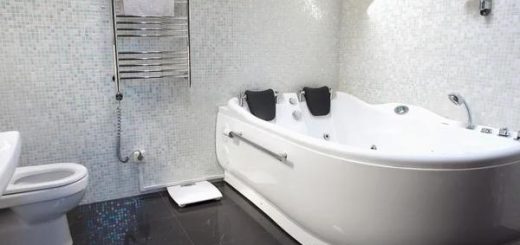Understanding Basement Waterproofing: A Comprehensive Overview
Basement waterproofing is a crucial aspect of maintaining the structural integrity and longevity of your home. It involves various techniques and methods to prevent water from seeping into your basement, which can lead to mold growth, foundation damage, and other costly issues. Understanding the importance of basement waterproofing and how it works can help you make informed decisions about protecting your home.
One of the main reasons why basement waterproofing is essential is because basements are inherently susceptible to moisture infiltration. This is due to their location below ground level, where they are more exposed to water pressure from the surrounding soil. Additionally, basements often have poor ventilation and insulation, creating a damp environment that promotes mold growth.
There are several common causes of basement water intrusion, including surface water runoff, high groundwater levels, plumbing leaks, and cracks in the foundation walls or floor. To address these issues effectively, it’s important to first identify the source of the water infiltration before implementing a suitable waterproofing solution.
There are different types of basement waterproofing columbia systems available on the market today, each with its own advantages and limitations. Some common methods include exterior excavation and drainage systems, interior sealants and coatings, sump pumps, French drains, and vapor barriers. The best approach for your home will depend on factors such as the severity of the moisture problem, budget constraints, local climate conditions, and building codes.
Exterior excavation is one of the most effective ways to waterproof a basement because it addresses the root cause of water infiltration by installing drainage systems around the perimeter of the foundation walls. This method involves digging up soil around the foundation to expose it for repairs or installation of new drainage pipes that divert water away from the house.
Interior sealants and coatings are another popular option for homeowners looking to protect their basements from moisture damage. These products create a barrier against water penetration by sealing cracks in concrete walls or floors with specialized materials that resist hydrostatic pressure.
Sump pumps are essential components of many basement waterproofing systems as they help remove excess water collected in a pit below ground level before it can cause flooding or structural damage. French drains work similarly by collecting groundwater through perforated pipes buried along with gravel trenches around foundations.
Vapor barriers are also useful for preventing moisture buildup inside basements by blocking humidity from entering through walls or floors. These plastic sheets act as insulators that keep out cold air while allowing any trapped moisture to escape gradually over time without causing condensation problems indoors.
Crawl Space Ninja of Columbia
1410 St Andrews Rd Ste 220, Columbia, SC, 29210
(864) 432-6235


